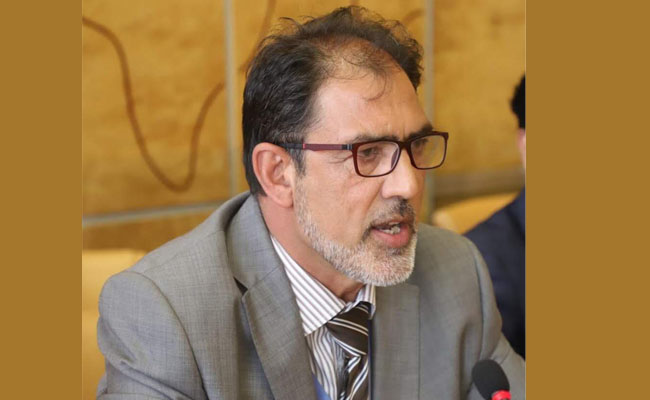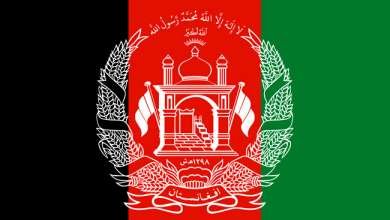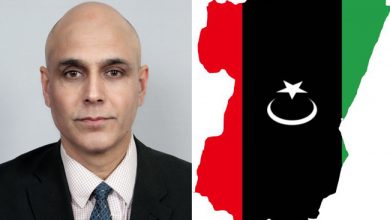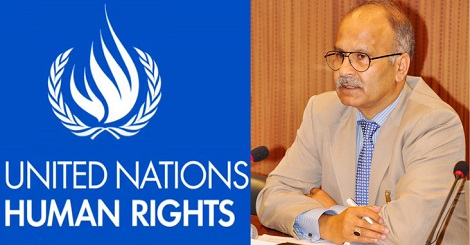COVID-19 and Plight of Kashmiri Prisoners

Written by: By Altaf Hussain Wani
COVID-19 has swept across the world leaving very few countries unscathed. Even the most powerful nations with robust economies, state of the art technology and up-to-date healthcare systems have been left in chaos in the face of the pandemic.
Declaring a global pandemic on 11 March 2020. WHO Director-General, Dr Tedros Adhanom Ghebreyesus, said, “Coronavirus disease (COVID-19) continues to constitute a public health emergency of international concern with the potential of causing large scale deaths worldwide.”
An important statement from UN Secretary-General, António Guterres, followed on 23 March with a call for a global ceasefire urging warring parties across the world to lay down their weapons in support of the bigger battle against COVID-19. Terming it as a threat to humankind Mr. Guterres expressed serious concerns over fragile health care systems in conflict hit states and emphasized that the backdrop of war would make it near impossible to contain a coronavirus outbreak.
UN High Commissioner for Human Rights, Michelle Bachelet, also made a passionate appeal for the immediate release of prisoners from jails saying that countries must protect people in detention from the COVID-19 pandemic by releasing vulnerable prisoners.
The plea for release of prisoners on humanitarian grounds was well received by many countries including the US, Canada, Germany, Britain, Poland, Italy, and even Iran, all of which released thousands of prisoners.
In a surprising move, in India the BJP Government which has an appalling track record of holding detainees in pathetic conditions in prisons, also started to release prisons in as COVID-19 began to take hold.
The Indian Supreme Court had ordered all states and Union Territories to consider releasing all convicts who have been jailed for up to seven years and those awaiting trial. Authorities stated that 40, 000 prisoners on bail or parole have been released.
But despite the Apex Court orders that these relaxations be extended to under-trial, low risk-offenders and prisoners held in preventive detentions, the Narendra Modi’s BJP government criminally neglected the plight of Kashmiri political and social activists, journalists, and lawyers who had been arrested on spurious charges.
Despite being aware that crowded and unhygienic prisons may be courting disaster for them, the Modi Government ignored the concerns expressed by Human rights groups and relatives of prisoners from Indian-Occupied-Kashmir and refused to free them Human rights watchdogs such as Amnesty International India, International Committee of the Red Cross (ICRC), Asian Forum for Human Rights, International Commission of Jurists (ICJ), International Federation for Human Rights (FIDH) and World Organization Against Torture (OMCT) in a joint statement issued from Geneva and New Delhi simultaneously, called on the Indian government to release Kashmiri prisoners who have been illegally and unjustly detained by the Indian forces during decades’ long turmoil in the region. They stressed the need for protection of prisoners, especially women prisoners.
According to the data gathered by a civil society group of India, a large number of children of 9 to 13 years of age were among the 13,000 civilians arrested by the Indian Army during months-long curfew and lockdown in the occupied territory since 5 August 2019. These children are still imprisoned in northern India and Occupied Kashmir. They have not been released even after the outbreak of coronavirus.
The majority of high-profile Kashmiri Hurriyat (pro-freedom) leaders and over a dozen other political prisoners, businessmen and civil society leaders from the disputed region are currently lodged in Tihar jail, an overcrowded prison in New Delhi packed far beyond its capacity. They remain at high risk of contracting the corona virus due to poor prison conditions, unhygienic food and water, and inadequate health care facilities.
The situation in Jammu and Kashmir is alarming. With numerous reports of Kashmiris being arrested and subjected to inhuman treatment under the guise of the COVID-19 lockdown, families of those imprisoned fear for the health and safety of their loved ones.
The Indian government remains unmoved in response to demands and concerns raised by the international humanitarian community to release prisoners in Kashmir in the face of COVID. This deliberate act to keep Kashmiri prisoners in highly congested prisons is not only immoral and illegal but a serious violation of the basic human rights.
It is time for the UN Secretary General and the UN High Commissioner for Human Rights to act on the recommendations of UN Human Rights Commission report on human rights violations in Kashmir released two years ago, and in particular, to constitute an international an international inquiry commission to examine the human rights violation in Kashmir.
In addition, it is also imperative that the Indian government be pressured into allowing international observers to visit prisons to assess living conditions of prisoners and ensure their welfare. Failure to do so will have tragic consequences for thousands of Kashmiris.
Writer is Chairman KIIR vice Chairman JKNF and can be reached at
saleeemwani@hotmail.com





